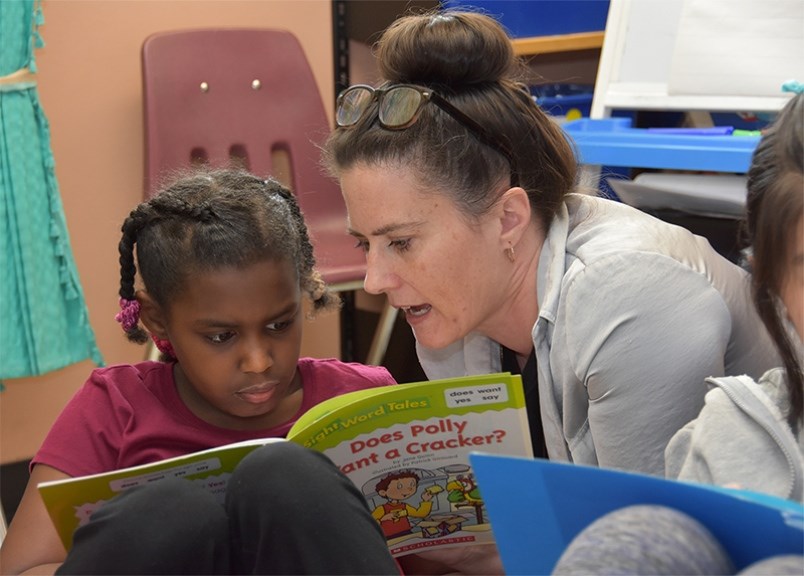CUPE 561 support workers will be heading back to school Sept. 3 with a new contract agreement bumping up their wages and allowing some to work a longer work week.
A settlement reached earlier this year for a three-year term with 2% annual wage increases was ratified recently for 1,336 School District 43 employees.
The deal gives 24 education assistants a 35-hour work week instead of 30 hours, enabling them to receive full medical and health benefits, according to Dave Ginter, CUPE 561 president.
“It’s a door opener,” said Ginter, who said the additional hours, paid for with provincial funds set aside for each district, will put education assistants who work with special needs students on the same footing as carpenters, clerks and other union members who work with the school district.
Longer hours for some educational assistants will benefit students as well, Ginter said, because they’ll be able to start earlier in the morning and work into the late afternoon to support students who want to participate in after-school programs.
Most of the workers who will be getting the additional hours will be working at the middle school and high school level, Ginter said.
The ability to pay education assistants for longer hours should also help SD43 in attracting more people to the district, Ginter predicted.
“It’s also a selling point for the district. You’re in competition with other districts,” Ginter said, noting that districts are vying with one another for more education assistants to handle increasing demands in the classroom.
SD43 has been successful in attracting workers to positions, but has struggled to find people for casual positions when people go on leave or are sick, leaving schools short of workers.
A new position, known as a learning inclusion support worker, was created to help out education assistants. The job, which pays less than an EA but requires one year less education, was started to help teachers in classrooms and free up the time for EAs to support students with higher levels of need.
Ginter said the union is keeping an eye on the new positions to see how well they work over the next five months.
The new labour agreement was approved by 72% of CUPE 561 workers and will run from July 1, 2019 to June 30, 2022.
Meanwhile, bargaining continues for the province’s teachers.
The B.C. Teachers' Federation (BCTF) and the provincial government are in mediation for negotiations on their collective agreement.
The existing collective agreement between the two parties expired on June 30.
BCTF ’s new president, Teri Mooring, has been reported as noting that B.C.’s teachers are the second lowest paid in Canada.
The hope is an agreement can be reached in time for a new school year to prevent a strike that occurred in 2014 and lasted for the first three weeks of school.



